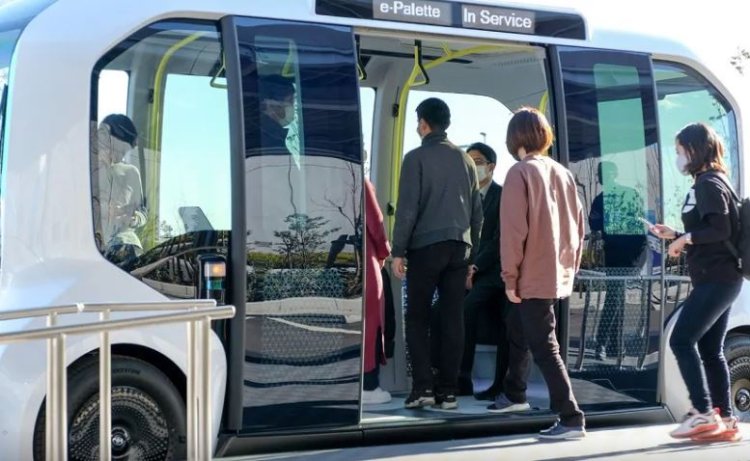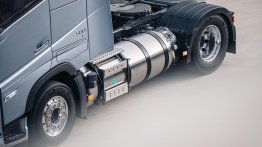Toyota Motor Corporation has announced a new operation management system to help provide practical application of the e-Palette electric autonomous vehicle. The company partnered with a range of companies and plans to operate the vehicles in Woven City, a fully connected prototype city while targeting commercial use in multiple areas and regions.

Two years ago at the 2018 CES, President Akio Toyoda had announced that the e-Palette will go beyond cars to provide customers services and new value. With automated driving functions, it will provide a loop-line bus transportation service for athletes and related staff in the Olympic and Paralympic villages at the Olympic and Paralympic Games Tokyo 2020 that was postponed until July this year.
Also Read : Toyota Fortuner Facelift Teased Ahead Of Launch on January 6, 2021
The Japanese automaker has developed an operations management system based on its Production System. It will be provided as new functions on Toyota's Mobility Services Platform and will constitute the Autonomous Mobility Management System (AMMS), to connect to vehicles and the e-Palette Task Assignment Platform (e-TAP) for connecting to people. The company claims that this is aimed at reducing customer waiting times and alleviate congestion to ensure services provide safety, peace of mind and comfort.

AMMS aims to be capable of dispatching e-Palette vehicles when needed, where needed and in the amount needed. By achieving the ultimate TPS-based mobility service, operations schedules can be flexible, with vehicles that will be automatic, dispatched and returned, according to real-time mobility needs. In an instance where additional cars are added, the intervals between vehicles are adjusted to ensure even spacing of services.
Any kind of vehicle abnormalities are also automatically detected and, if that happens, the vehicles will automatically return to the depot and replacement vehicles will be immediately dispatched on the route to ensure the stability of operation. In an emergency, the vehicles can be stopped and returned to service remotely, with an extra level of safety management.
Stay tuned to IndianAutosBlog.com for more Toyota updates and other four-wheeler news.














